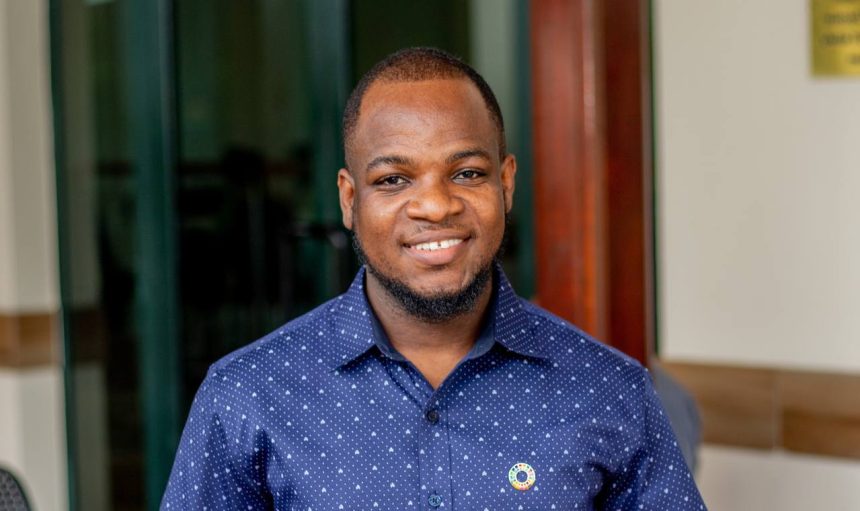In a thought-provoking discussion on the urgent need for a clean energy transition in Africa, climate change advocate David Quaye called for African policymakers to break free from the conventional reliance on Western ideologies, prescriptions and timelines.
This assertion came during a compelling dialogue on the “Clean Energy Now” topic, hosted by the Eco-Africa Network on X space, formerly Twitter space.
While the global consensus resonates with the call for a clean energy transition by 2030, David Quaye emphasized that Africa must craft a distinctive and pragmatic path that aligns with its unique challenges.
With a vivid portrayal of Africa’s substantial infrastructure deficit, financial constraints, and limited technological support, David Quaye championed the cause for a just transition – one that considers the continent’s specific requirements and capabilities.
According to David Quaye “The pressing demand for sustainable energy in Africa leaves little more than a decade for the continent to make significant advancements, not only in solar power and battery technologies but also in emerging fields like renewable synthetic fuels, green hydrogen, and innovative energy storage systems. This challenge must be tackled while considering the current situation of 600 million Africans who lack access to electricity.”
This plea for a unique and resolute African approach to clean energy transition gains additional significance in light of Ghana’s ambitious energy plan. The plan underscores the monumental financial challenge facing the nation, estimating a substantial $76 billion for the expansion of transmission and distribution infrastructure.
To compound the financial burden, an additional $14.5 billion is required for gas infrastructure, encompassing distribution and transmission networks. Moreover, a significant $15.1 billion must be allocated for Carbon Capture Use and Storage (CCUS) in Natural Gas generation plants and storage facilities, while the transition of the transportation sector to cleaner fuels necessitates an additional $12.2 billion.
This stark financial reality accentuates the urgency for African countries, including Ghana, to mobilize substantial financial resources. However, the feat appears immensely daunting, considering the current global economic downturns and the persistently unfulfilled financial commitments of wealthier nations.
Africa stands at a crossroads, facing significant challenges and extraordinary opportunities in its quest for a clean energy transition. The passionate call for indigenous solutions from advocates like David Quaye and the colossal financing challenge in Ghana illustrates the complexity of this journey.
It is a path that demands creative solutions, innovative thinking, and unwavering determination to build a sustainable and environmentally friendly energy future on the continent.




